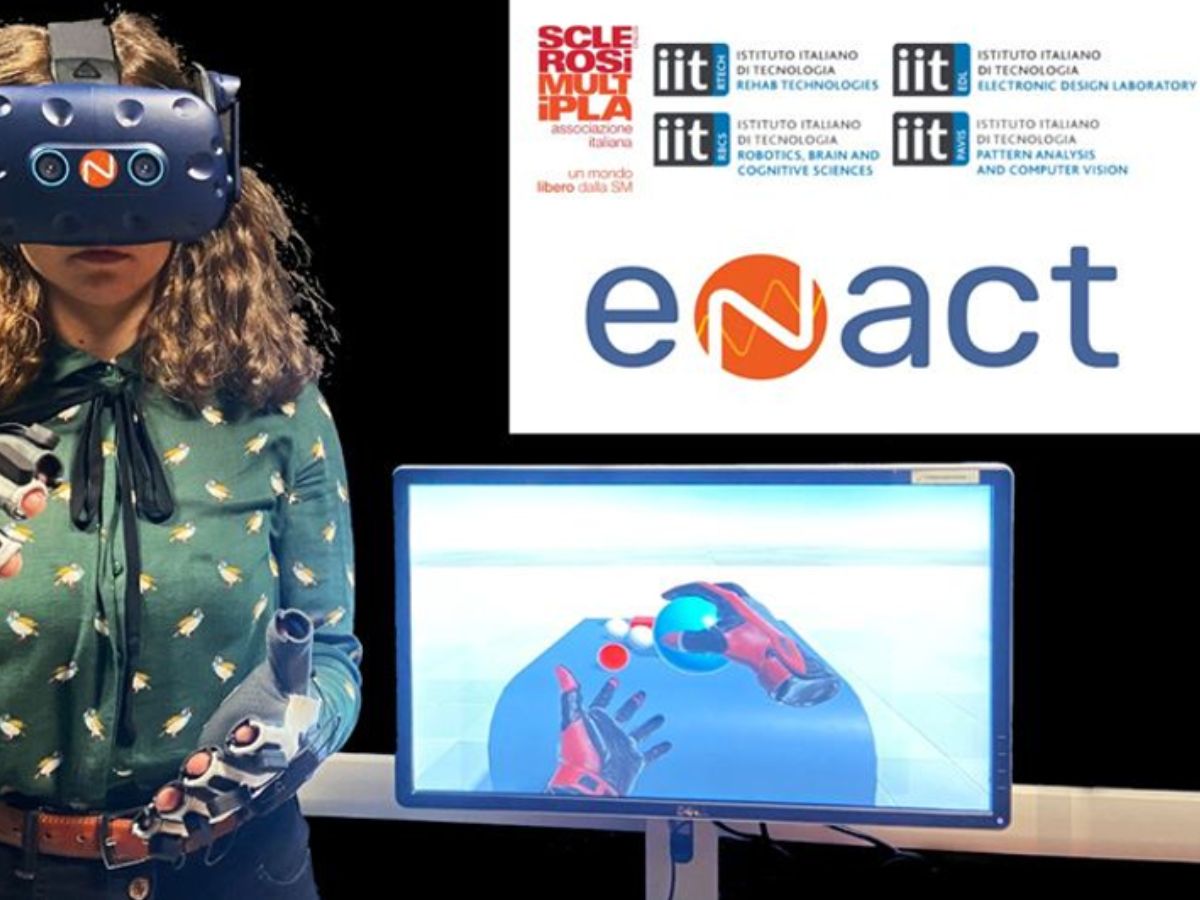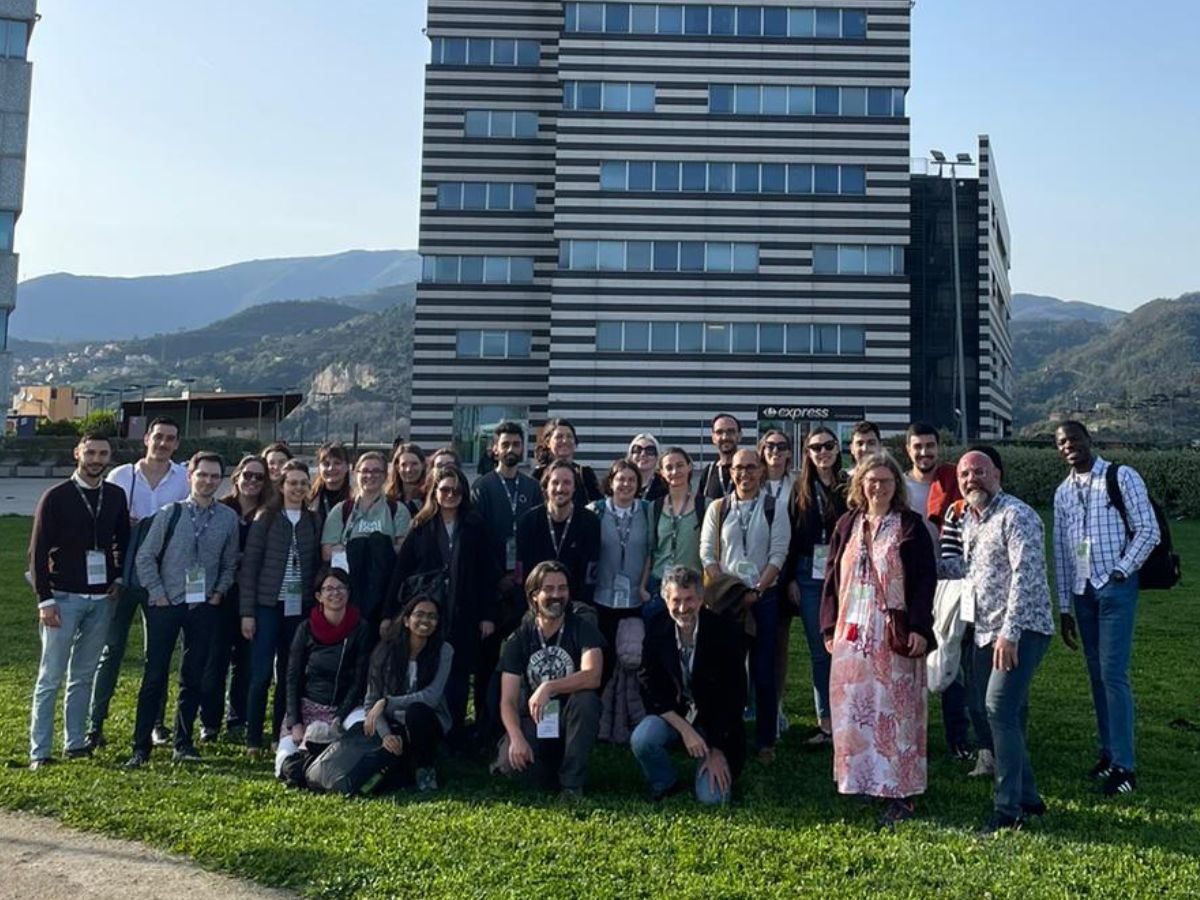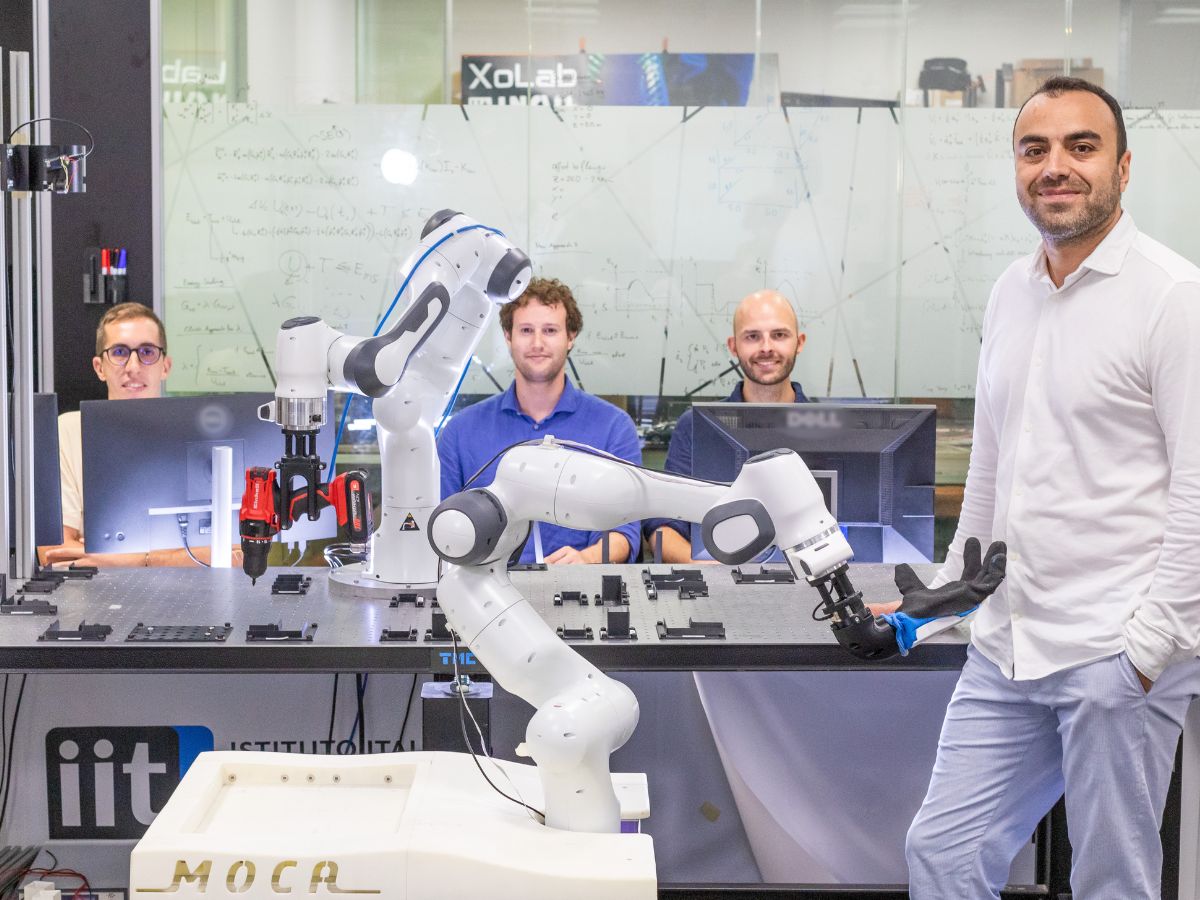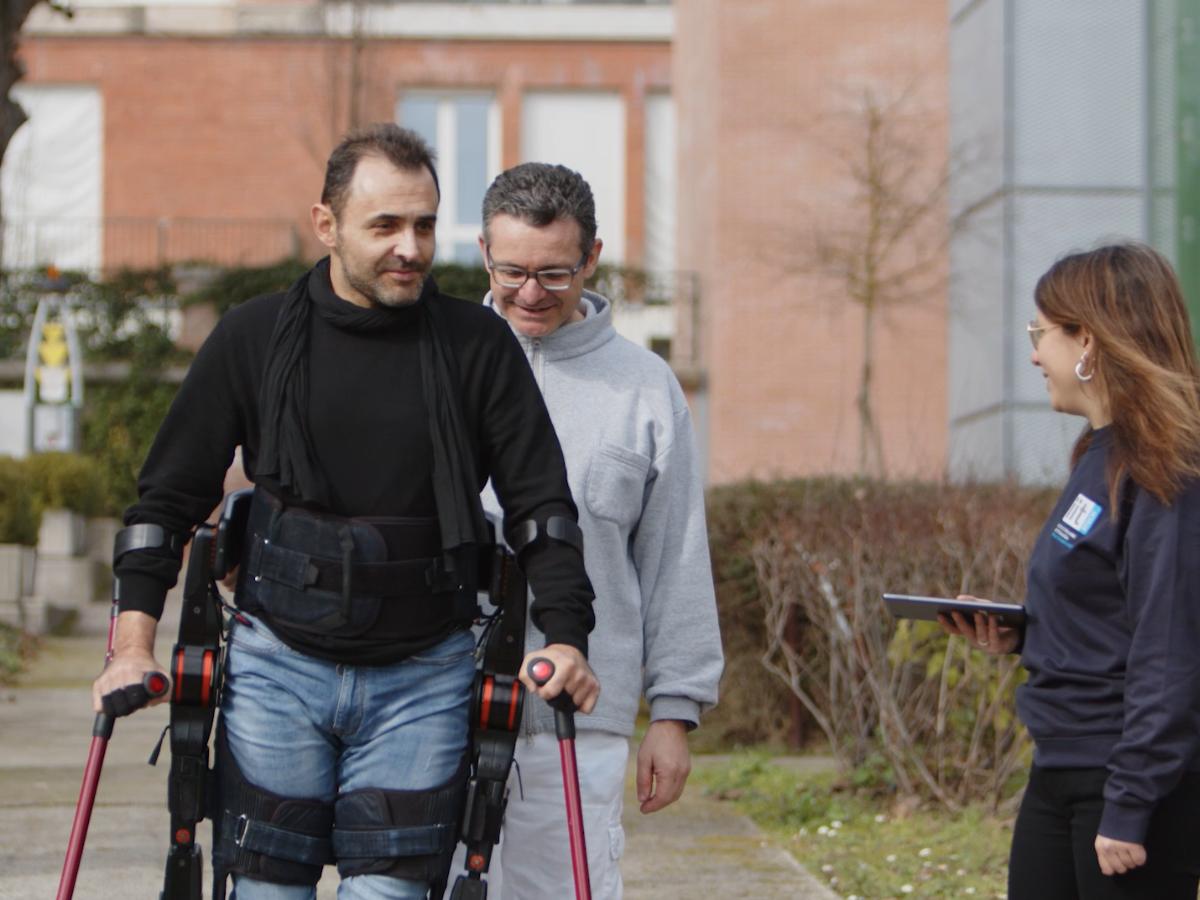Interview with Giacinto Barresi (Rehab Technologies Lab – IIT) and Giampaolo Brichetto (FISM/AISM) on the ENACT project
The ENACT project (Exploiting Neuroergonomic solutions to Attenuate the Cerebellar Tremor – www.enactproject.eu) is a collaboration between the Italian Institute of Technology (IIT) and the Italian Multiple Sclerosis Foundation (FISM/AISM). It is one of the special projects supported by FISM and started in October 2021. ENACT aims to improve the quality of life for people with Multiple Sclerosis by providing solutions to make rehabilitation activities more effective and engaging. It focuses on investigating one of the highly critical manifestations of this disease: cerebellar tremor of the upper limbs. The ultimate goal of the project is to create systems that can mitigate this symptom based on the evidence collected during ongoing studies.
In this interview, Giacinto Barresi, Researcher in Neuroergonomics in the Rehab Technologies Lab at IIT, and Giampaolo Brichetto, Health Director of the AISM Liguria Rehabilitation Service, Research Coordinator for FISM, and President of the European RIMS network, discuss the ENACT project and the challenges and opportunities it presents.
The project addresses the issue of cerebellar tremors, a symptom affecting people with Multiple Sclerosis. These tremors result from demyelination processes in the cerebellum, which plays a crucial role in motor coordination and postural control. The tremors, particularly intentional tremors triggered when a person voluntarily approaches an object, can cause disability in individuals of working and school age. Current interventions include pharmacological treatments, surgical procedures, or the use of bulky prosthetics, but they often come with limitations. ENACT aims to develop non-invasive, wearable solutions that do not compromise daily life activities and comfort. It leverages intelligent wearable systems and neuroergonomics to create person-centered devices and better understand the human neurocognitive system in real-world interaction contexts.
ENACT is still in progress and is currently focusing on collecting data related to eye-hand coordination, particularly in cases of people with cerebellar tremors, in tasks involving grasping and moving digital and physical-digital objects. The project also plans to set up a system to detect potential biomarkers of Multiple Sclerosis and the changes that patients undergo based on the collected sensorimotor and physiological data.
ENACT is a collaborative project involving experts from various disciplines and groups within IIT, as well as partners from FISM/AISM, both nationally and internationally. Researchers from the Rehab Technologies Lab, Electronic Design Laboratory, Computer Graphics and Vision Group, and other areas work together to design and develop innovative technologies for rehabilitation in the context of Multiple Sclerosis. The project benefits from the expertise of clinicians and multidisciplinary experts from FISM and AISM, who contribute to the development and implementation of technologies to improve the lives of people with Multiple Sclerosis. Collaboration within the broader research ecosystem, including the RAISE (Robotics and AI for the Socio-economic Empowerment) Spoke 2, and international partnerships, also play a crucial role in the project’s success.
The challenges ahead for ENACT involve further research and the development of interactive environments and wearable solutions, along with the evaluation of these technologies. The project aims to provide effective, user-centered, and innovative rehabilitation solutions while advancing the understanding of cerebellar tremors and related neurocognitive processes. This research may have broader implications for improving the control of robotic limbs, making mechatronic systems more intelligent and human-like.
Overall, the ENACT project presents an exciting opportunity to develop novel technologies and interventions that can significantly impact the quality of life for people with Multiple Sclerosis, potentially leading to innovative solutions for other motor control and robotic applications.




